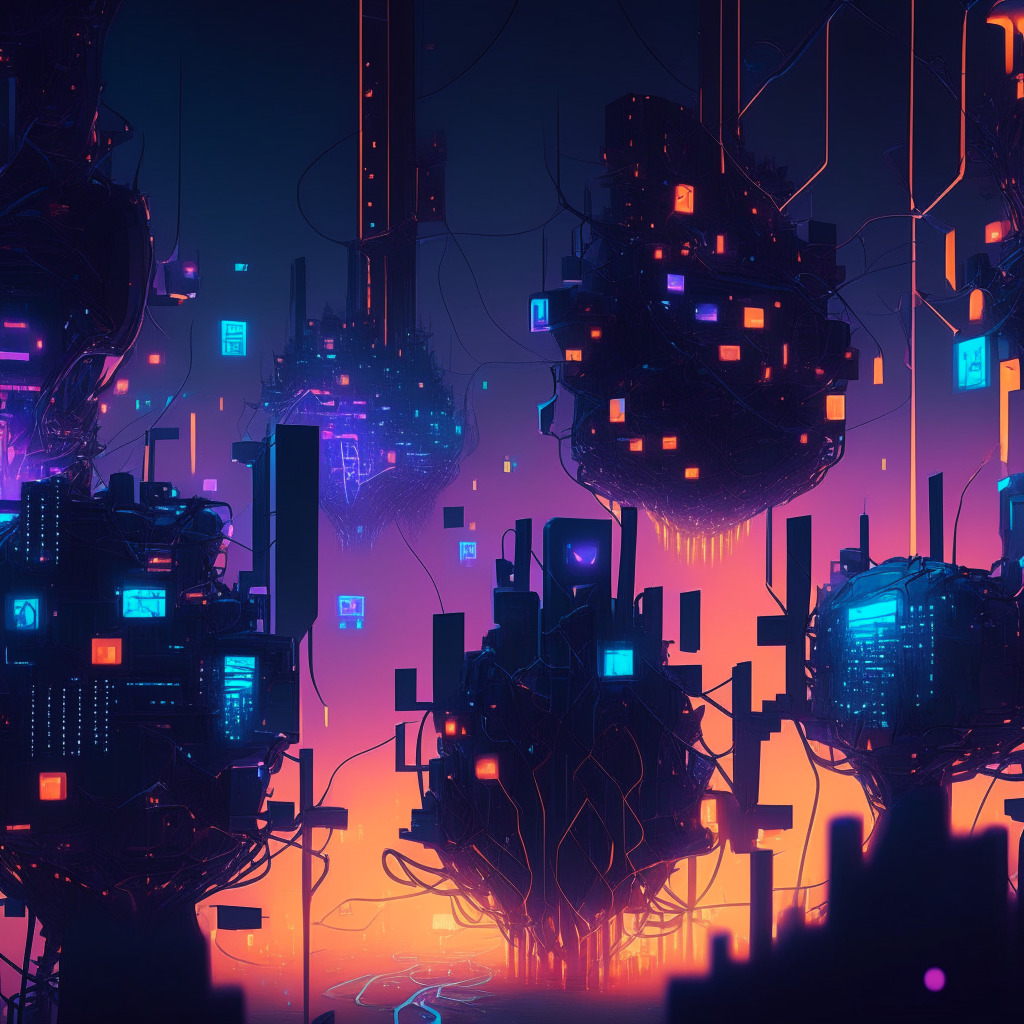Crypto gaming startup Argus Labs recently raised $10 million in seed funding. The round was led by Haun Ventures, participation from other investors such as Robot Ventures, Anagram, Dispersion Capital, and Alchemy. Notable angel investors included Gitcoin co-founder Scott Moore, Sandbox VR co-founder Siqi Chen, and Osmosis co-founder Sunny Aggarwal.
Argus Labs’ main product offering is the World Engine, a software development kit (SDK) that allows game developers to create their custom layer-2 blockchain networks using zero-knowledge proofs (ZKP) on Ethereum. This will enable developers to choose how much of their games live “on-chain.” ZKPs verify zk-Rollup transactions, enabling more simultaneous transactions and increasing network scalability and privacy.
Argus founder Scott Sunarto, who co-created the crypto game Dark Forest, is confident that more game elements can live on-chain than what is typically assumed. The World Engine could potentially support user-generated content (UGC) on the blockchain. It could even pave the way for complex games like massively multiplayer online role-playing games (MMORPGs) to exist entirely on-chain.
While many Web3 game developers are currently reluctant to fully embrace crypto following the rise and fall of play-to-earn hit Axie Infinity, Sunarto is instead focusing on the multitude of ways crypto elements can benefit video games. He explained that having more elements of games on-chain allows players and developers to expand and build upon the games further.
Sunarto envisions a future where blockchain games feature crypto-literate players who can code their smart contracts and add new game elements and features. Crypto scaling features like sharding can also help adapt games for growing audiences while effectively adding new servers. This concept aims to offer customization to game developers while empowering players to create their communities and initiatives around Web3 games.
Dark Forest’s players, for example, built their own guild systems and decentralized communities around the game. Some even took the initiative to create their smart contracts and pool resources together within the game.
Comparing other blockchain protocols like Solana, Avalanche, and Ethereum scaling network Polygon, lead investor Haun Ventures claims that none are optimized for gaming. Argus aims to fill this gap by designing the World Engine as an open-source, connected layer-2 of sharded blockchains, serving as the backbone for the “Internet of Games.”
However, skeptics might argue that blockchain gaming has yet to prove its long-term potential and success. Nonetheless, Argus Labs’ World Engine aims to revolutionize gaming by merging it with blockchain technology, providing developers more customization and empowering players to create their gaming ecosystems. Only time will tell if this innovative approach can lead to a new era in the gaming industry.
Source: Decrypt




